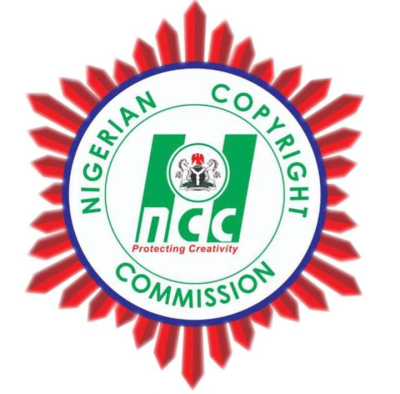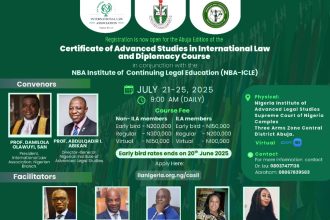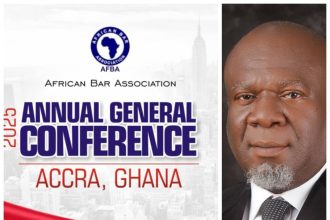NCC: Piracy has long plagued Nigeria’s creative industry, stifling growth and threatening livelihoods. Across the globe, the unauthorized replication and sale of intellectual property rob creators and investors of deserved revenue, curbing creativity and innovation.
In Nigeria, piracy remains a severe obstacle, especially in the book industry, where authors, publishers, and booksellers grapple with losses that have driven some out of business entirely.
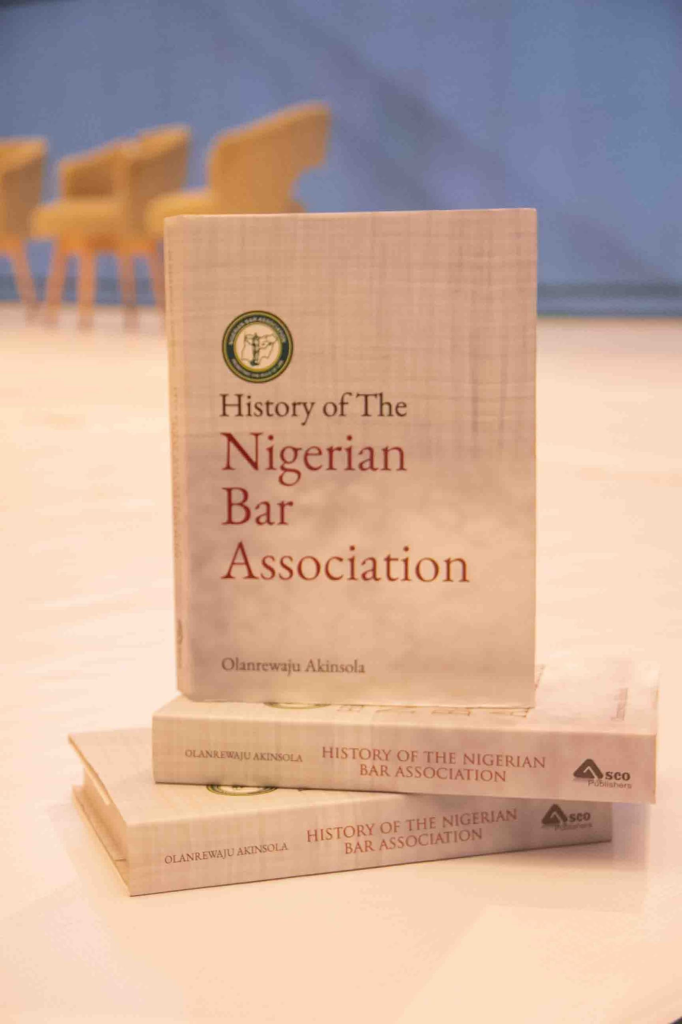
To counter these challenges, the Nigerian Copyright Commission (NCC) is taking decisive steps to protect intellectual property. In a recent interview with the News Agency of Nigeria (NAN) in Abuja, Dr. John Asein, the Director-General of NCC, announced the commission’s plan to roll out minimum documentation requirements for booksellers, aimed at curbing piracy in Nigeria’s book sector.

This documentation, which will initially be implemented in Abuja and subsequently expanded nationwide, is part of a larger strategy to create a traceable system for all books in circulation, aiding in the fight against piracy.
Nigerian Copyright Commission: NCC
Dr. Asein explained that the documentation exercise is intended to make it mandatory for every bookseller in Nigeria to meet specified requirements to legally sell books. The commission is working on an online registration system designed to streamline the process and make compliance as straightforward as possible for booksellers. He anticipates that by the beginning of next year, the initiative will be ready to launch, coinciding with Nigeria’s next major book season.

“We want to ensure that every printer, publisher, and bookseller in the market meets our minimum demands,” Asein said. He stressed that the documentation will serve as an essential tool to protect genuine operators and deter illicit activity within the book market.
In a move to strengthen anti-piracy measures, the NCC also plans to introduce the use of holograms, which will add a layer of authenticity to books and further combat piracy. This initiative will be rolled out in phases, beginning with a voluntary adoption by publishers and eventually moving toward a mandatory application for certain categories of books.

The commission, according to Asein, has developed several hologram models, which will be made available to publishers. Under one model, NCC will provide the holograms directly to publishers, while an alternative model allows publishers to procure and apply NCC-prescribed holograms themselves.
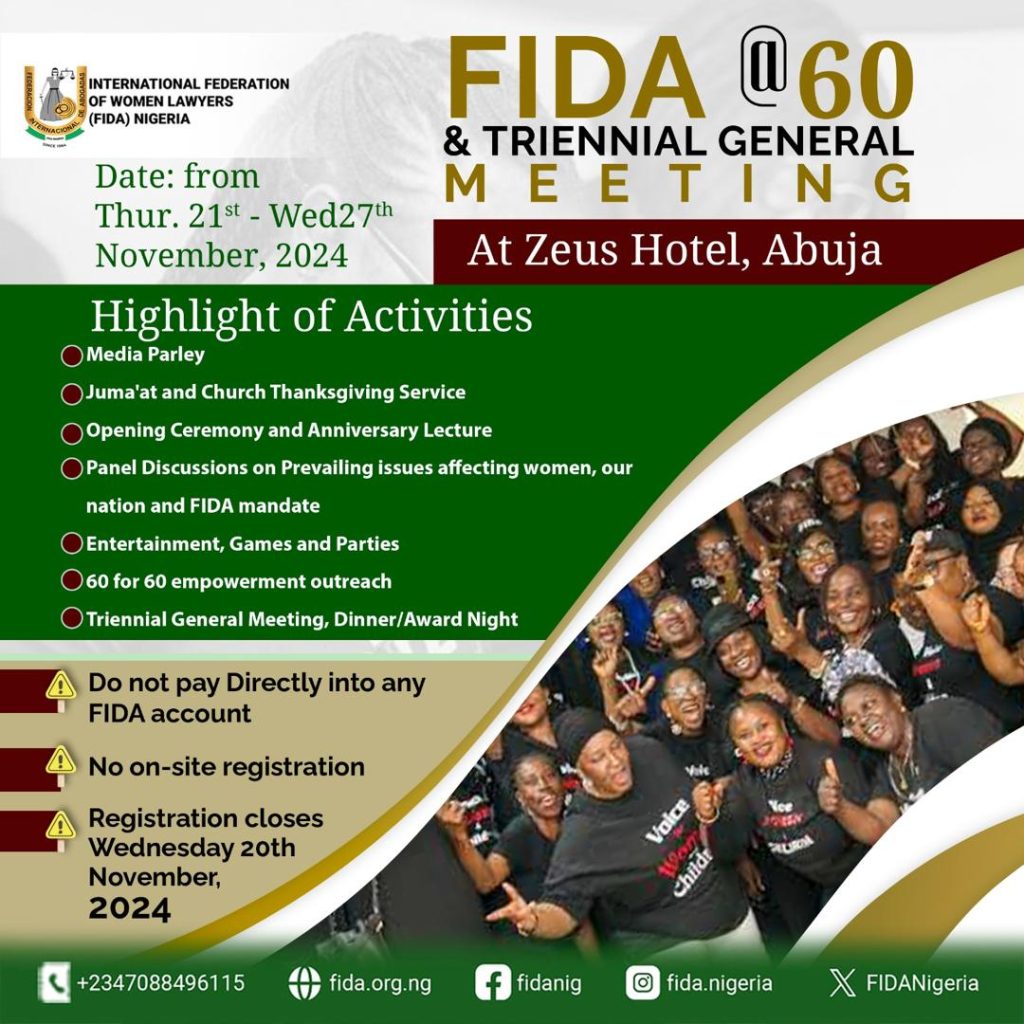
With these holograms, the NCC aims to create a uniform tracking system for books, which will significantly enhance market surveillance and allow copyright officers to identify and seize pirated materials more effectively. “Through this, we will be able to follow up in the market and make the job of copyright officers easier, as well as fighting against piracy more effectively,” Asein explained.
Asein appealed to individuals and businesses involved in piracy to reconsider their actions, warning that piracy ultimately harms the creative economy.

“Piracy kills creativity,” he emphasized. “We know authors who have resigned from the business of authorship because of pirates. It steals from them, individuals, and investors, and destroys the economy.”
By implementing these stringent anti-piracy measures, the NCC aims to create a sustainable environment for Nigeria’s creative economy, where authors, publishers, and booksellers can thrive without fear of exploitation. The commission’s forthcoming regulations mark a critical step in Nigeria’s fight against piracy, safeguarding the intellectual property of Nigerian creators and ensuring the integrity of the book industry.




